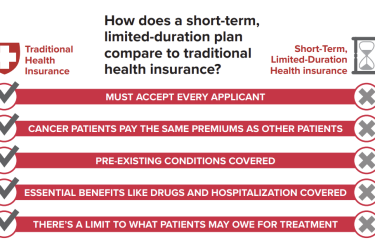 Few moments are more gratifying to a freelancer than a new contract landing in our inbox.
Few moments are more gratifying to a freelancer than a new contract landing in our inbox.
Contracts solidify the hard work and the leap-of-faith that began with a pitch. They begin what could be a long, profitable relationship with a publication, perhaps a dream publication that’s finally taken a pitch. They’re a physical sign that – for another month at least – we can pay off bills, college loans, cover the rent.
They also have to be signed and returned. The first thing you see when you open the contract are the assignment, the due date, and the fees for the work. So far, so good. But then you start to read the fine print, checking for copyright, and what you’re signing away — and with increasing frequency, you are simply a hired gun with a work for hire contract, which means they own all rights.
Then, to worsen a bad situation, the warranty clause pops up, which means that even though you’re forfeiting your rights, you’re still on the hook if the story gets the publication in hot water. At first glance, warranty clauses seem perfectly reasonable. These clauses ask writers to warrant that their work is original and not plagiarized, and that we’re not stepping on anyone’s copyright. Of course, we should take responsibility for our own work and our own mistakes, but some warranty clauses ask writers to assert that they are not defaming, or infringing on anyone, anywhere in the world.
Then there’s the indemnity clauses, those onerous bits of legalese that keep freelancers up at night. These clauses – also called “hold-harmless provisions” — have been a feature of writing contracts for years. In practice, journalists and authors are expected to defend any lawsuits against the publisher and pay for any out of pocket losses, or damage awards, resulting from this breach.
Here again, there is a rationale for these clauses. If someone is defamed, or if there was negligent research — in one infamous case, a publisher was sued because someone died based on erroneous information in their mushroom hunting guide — the publisher wants to avoid legal problems and protect themselves.
But the inescapable irony here is that journalists who are just scraping by in today’s fragmented marketplace are forced to promise to protect deep-pocketed publishers against not only court settlements but even against the high cost of defending against frivolous lawsuits. This could translate into a financial loss that few of us could afford.
All of a sudden you’re wondering if you should have an attorney check the wording, and you wonder if you should sign the contract at all. Most freelancers don’t have a choice. This is how we make our living and contracts seem to be getting more onerous than ever. They’re just part of doing business.
While we can’t expect to finish a law degree just so we can understand our contracts, we do need to know and understand what we’re signing. And there is good news: lawsuits against writers are rare and successful suits are even rarer. The reality is that no publisher wants you to hire your own lawyer if they get sued — they want to control the case. As a consequence, there is plenty we can do to protect ourselves, including eliminating, amending or narrowing the scope of onerous clauses or grabs of all rights.
 An upcoming webcast will cover what you need to know about contracts, what steps you can take to protect yourself, what your rights are as a journalists under the law, including landmark Supreme Court decisions like Sullivan vs. The New York Times or Tasini vs. The New York Times, and answer your questions about whether to get liability insurance.
An upcoming webcast will cover what you need to know about contracts, what steps you can take to protect yourself, what your rights are as a journalists under the law, including landmark Supreme Court decisions like Sullivan vs. The New York Times or Tasini vs. The New York Times, and answer your questions about whether to get liability insurance.
The webinar will be held Aug. 20, at noon EST, and will be moderated by freelance writer and author Linda Marsa. Our guest is literary attorney and author Jonathan Kirsch, who is a former three-term president of PEN USA.
Independent journalist Linda Marsa contributed to this post.









